– Many attempt to portray Viktor Orbán as an isolationist politician. However, the French president himself invited him to Paris to discuss positions on a crucial issue for the EU. What does this meeting convey to the narrative of the leftist-liberal mainstream?
– The false claims of isolation are consistently contradicted by reality. Left-wing politicians are not accustomed to engaging in debates to defend national interests abroad - after all, this is the source of their income - so such a situation is s strange for them. No wonder that they are frightened by any debate and immediately cry isolationism. The fact is, however, that Viktor Orban is the longest serving prime minister of the EU and a key player on many important European policy issues,
because he represents a resolute stand that others can align with. Many argue with him, while others are in agreement, but all European leaders have some sort of relationship with him.
The Hungarian prime minister's relationship with President Macron is particularly interesting, as they disagree on most policy issues, but are able to work together reasonably. What we'd need is for other European leaders to also embrace the French president's approach.
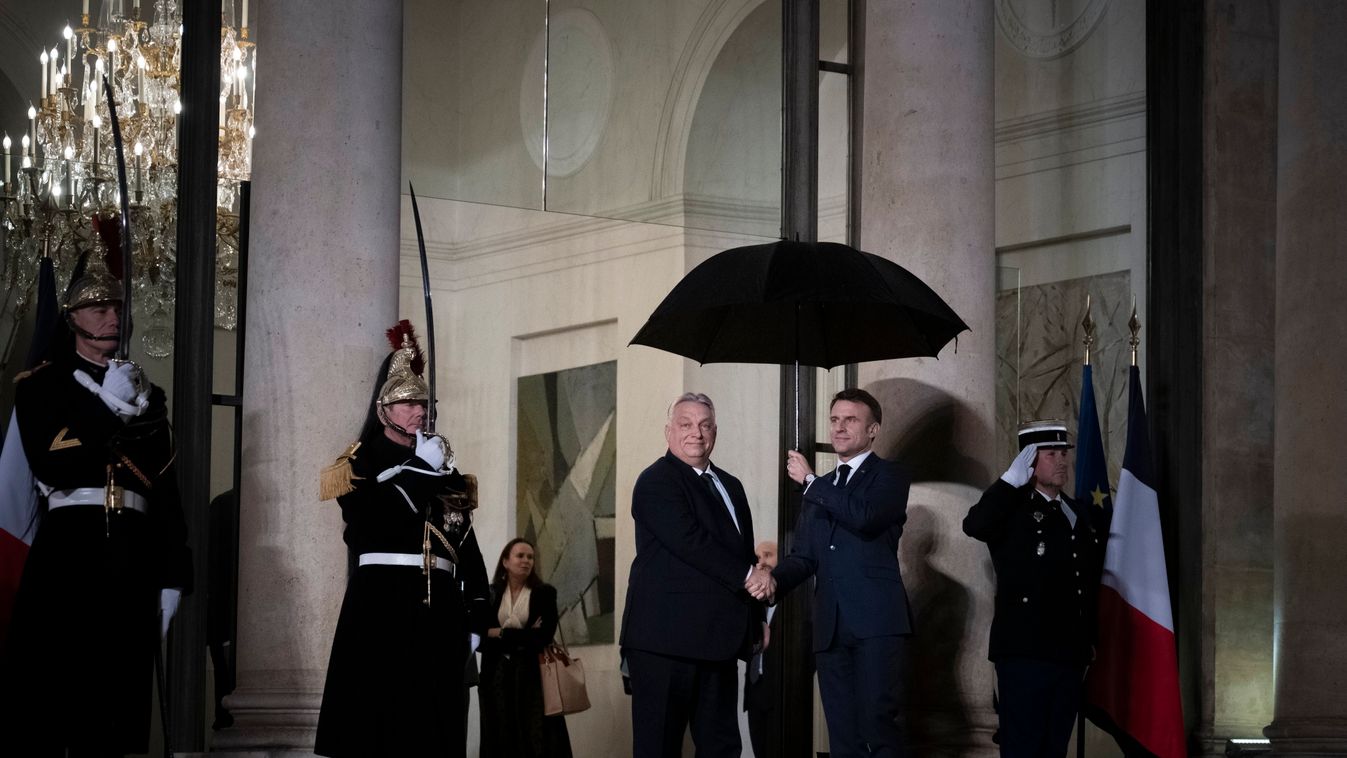
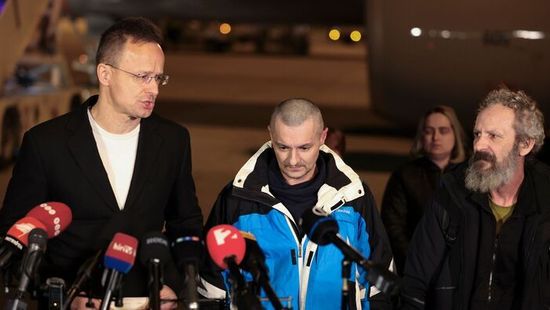
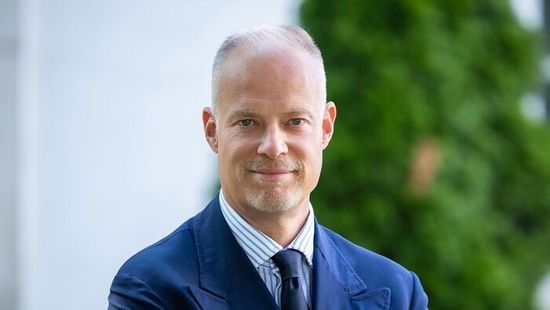
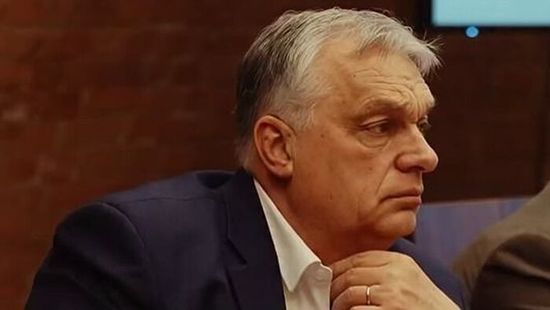
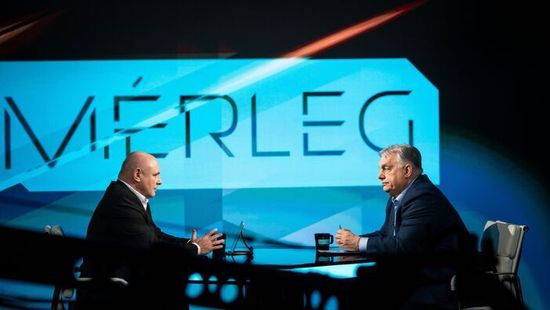


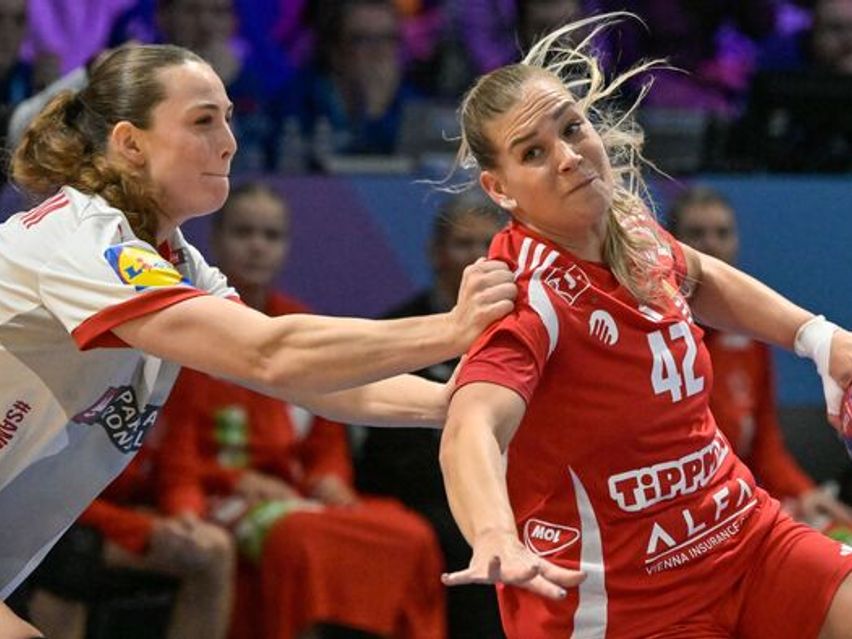
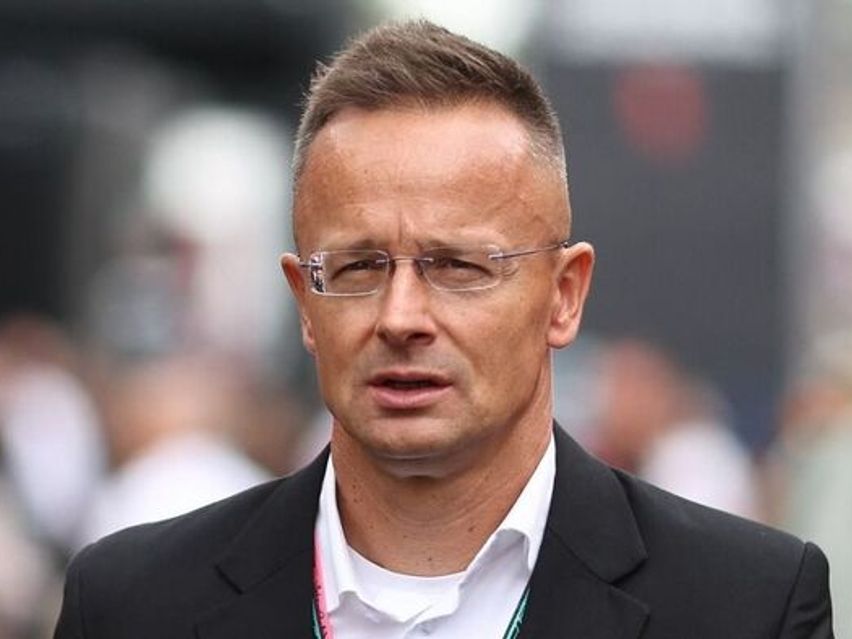
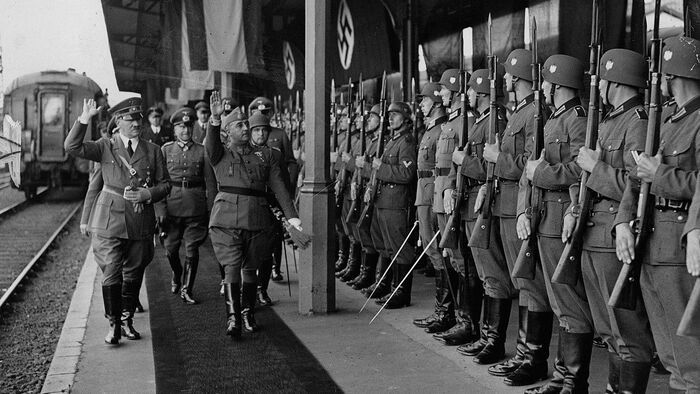


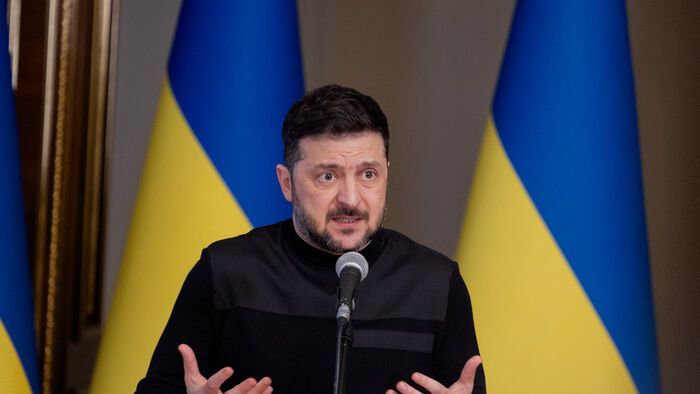
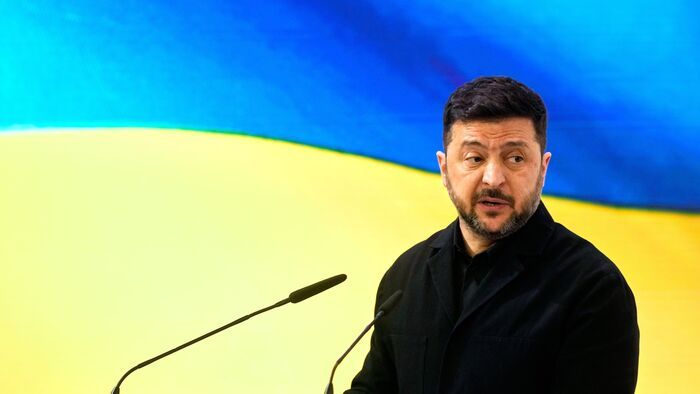

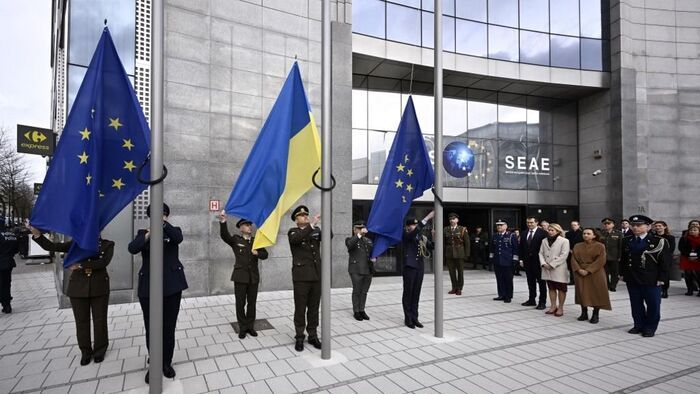
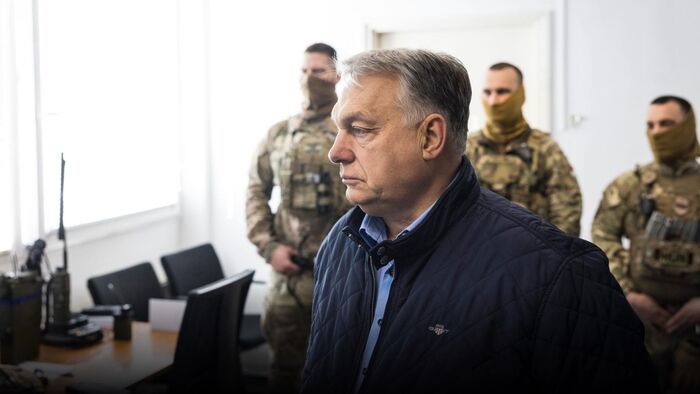
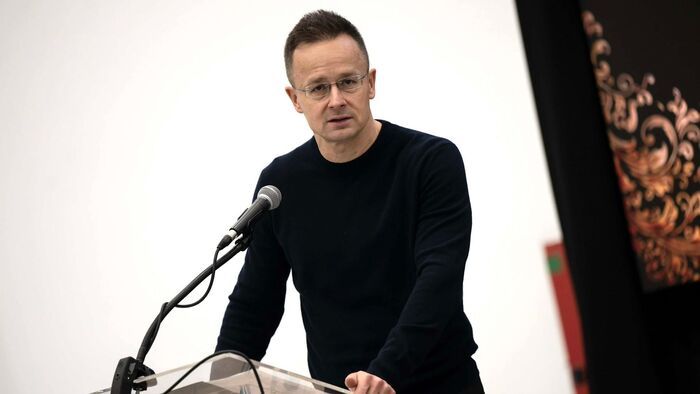

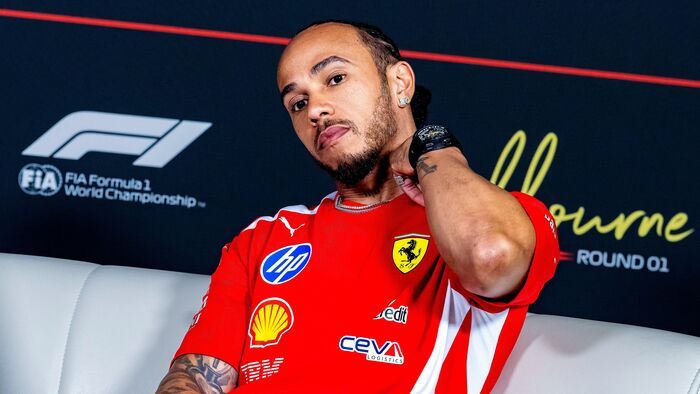
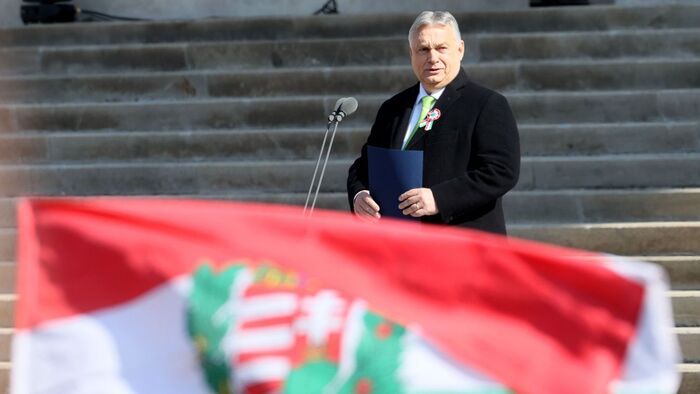


Szóljon hozzá!
Jelenleg csak a hozzászólások egy kis részét látja. Hozzászóláshoz és a további kommentek megtekintéséhez lépjen be, vagy regisztráljon!